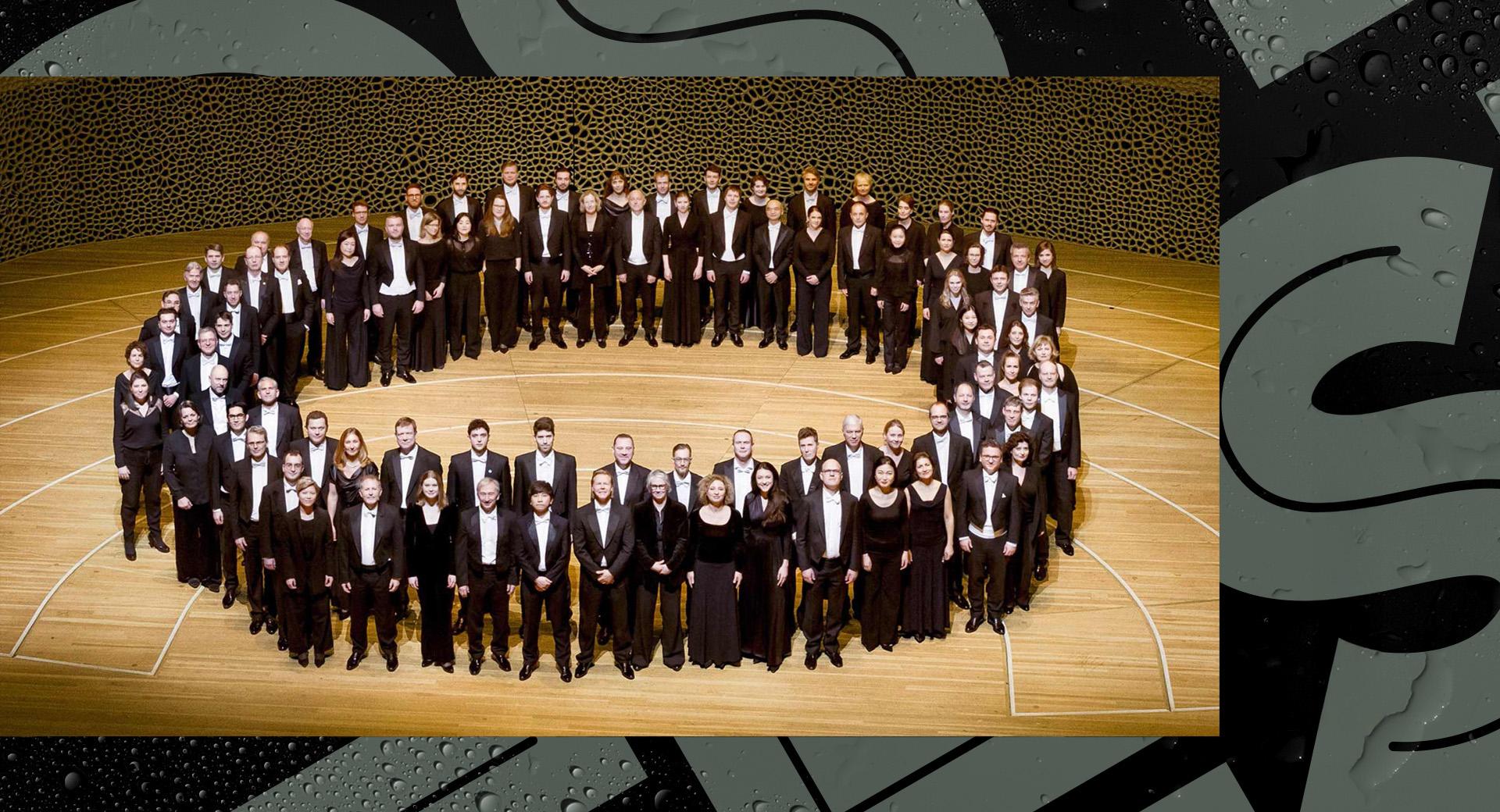Shostakovich & Korngold
After his fifth symphony had re-established Shostakovich’s official position, Symphony No. 6, came out as a more personal reflection of the magnificent and prompt fifth, and is a darker and more introverted piece. Erich Wolfgang Korngold is associated by many with wonderfully extravagant film music and in his Violin Concerto, he reconnects with Hollywood’s boldly saturated palette.
This production is part of one or more concert series.

When the young, rising star Klaus Mäkelä debuted at Berwaldhallen in the autumn of 2017, he made such a strong impression on the musicians that shortly thereafter he was asked to become their principal guest conductor. Consequently, he became the youngest ever person to be offered an extended contract with the Swedish Radio Symphony Orchestra. Mäkelä has an avid interest in Russian music and showed, in his acclaimed debut with the Gothenburg Symphony Orchestra when he conducted Shostakovich, that he is a force to be reckoned with in this repertoire.
Shostakovich composed 15 symphonies. The first was created as his graduation piece at the conservatory during the experimental 1920s in the Soviet Union. However, times were to become more difficult and his Symphony No. 6 can be interpreted as a reflection of the arduous circumstances under which the composer worked. A dark first movement is a counterweight to the animated subsequent movements; according to conductor Mark Wigglesworth, Shostakovich wanted to use contrast to illustrate the irrational world in which he lived. With this in mind, the circus-like final movement almost becomes an ironic comment to Stalin’s wish for optimistic and boisterous finales.
At first glance, Shostakovich and Korngold may not appear to have much in common, but they were both prodigies of sorts and also diligent composers of film music. Shostakovich garnered experience of the new media through his work as a silent-film pianist, and went on to write the music for close to 40 films. Korngold came into contact with film after emigrating to the United States in the 1930s, where, for more than a decade, he gained great renown as a film composer.
In his Violin Concerto from 1947, Korngold develops themes from film music, and it is truly an extravagant palette of sounds and a wealth of nostalgic colour that is presented to the listener. But there are also melodic fantasy, rhythmic vitality and virtuoso challenges for this evening’s soloist, Elina Vähälä, who had her concert debut at the tender age of twelve. A few years ago, she performed at the Nobel Peace Prize Concert in front of a TV audience of hundreds of millions. Vähälä is also Professor of Violin at the Karlsruhe University of Music.
Text: Axel Lindhe



